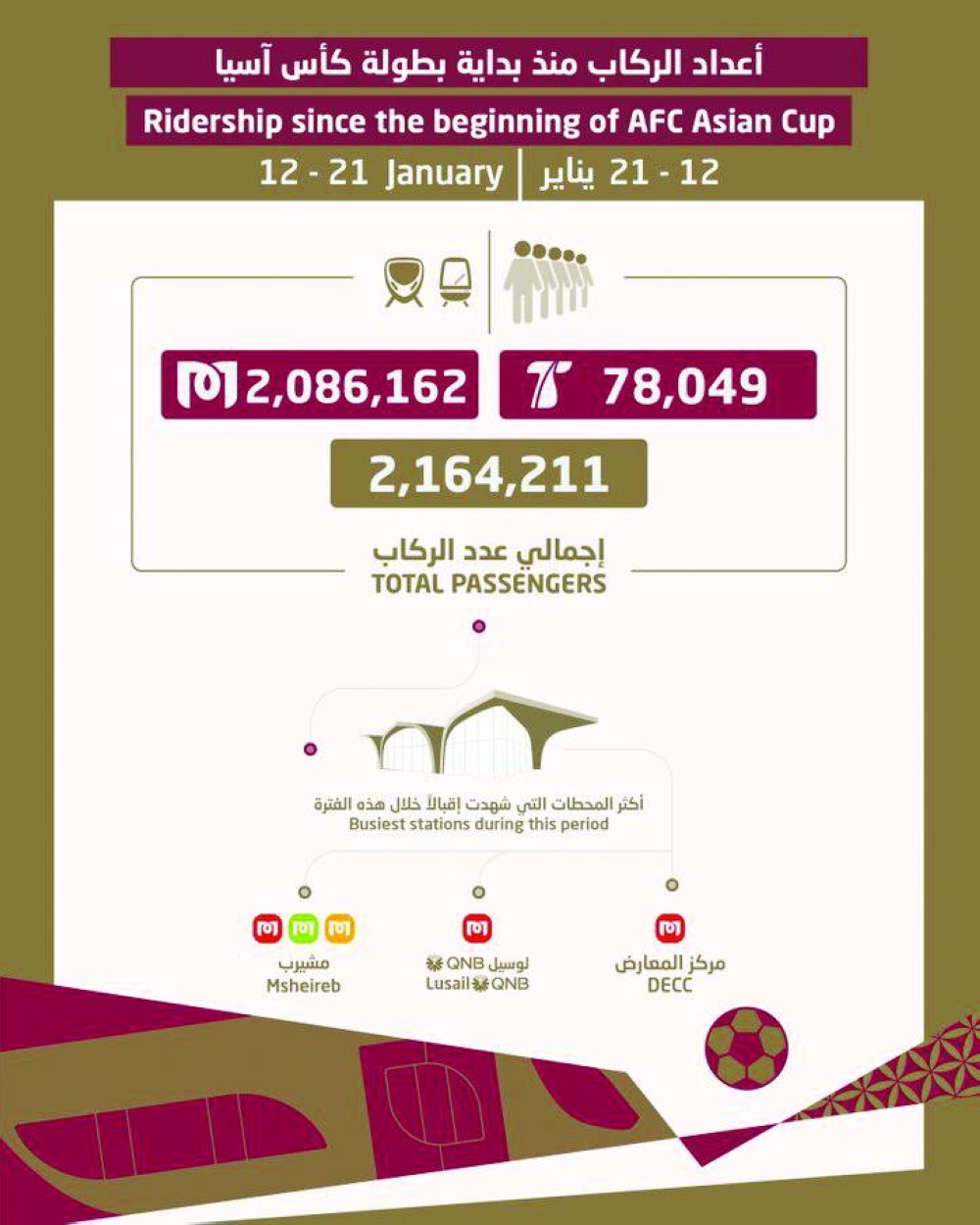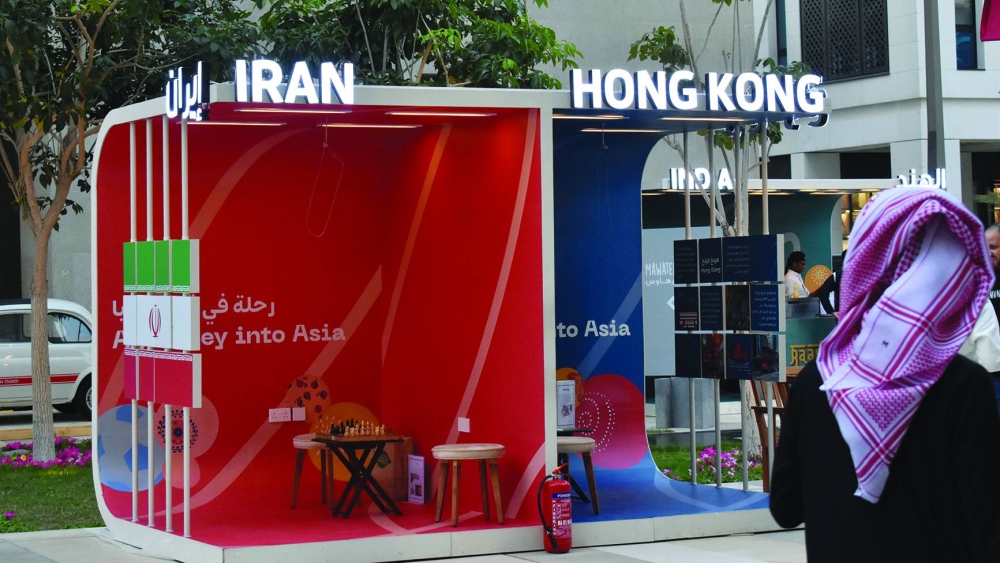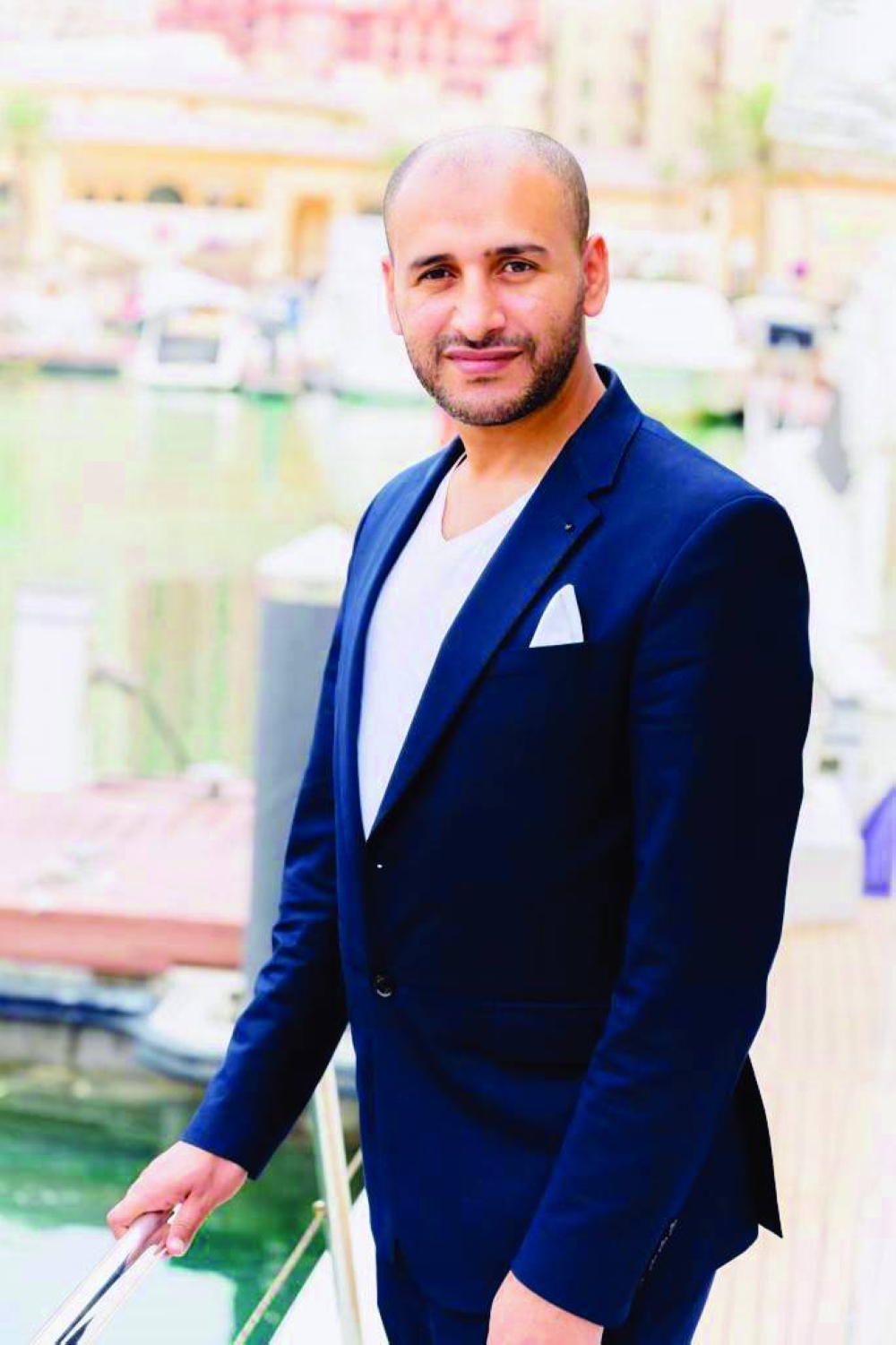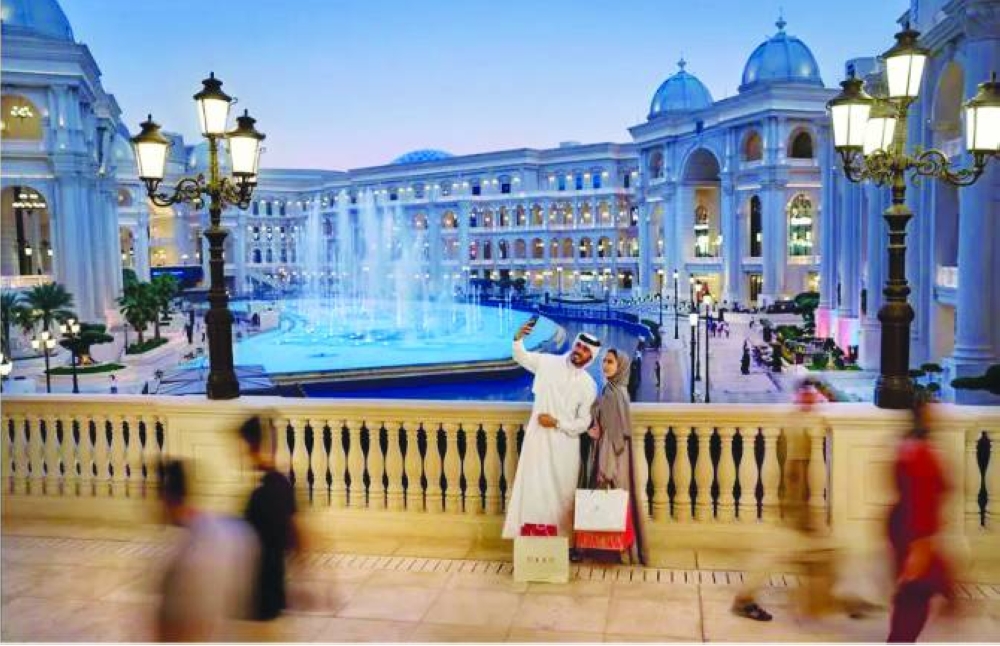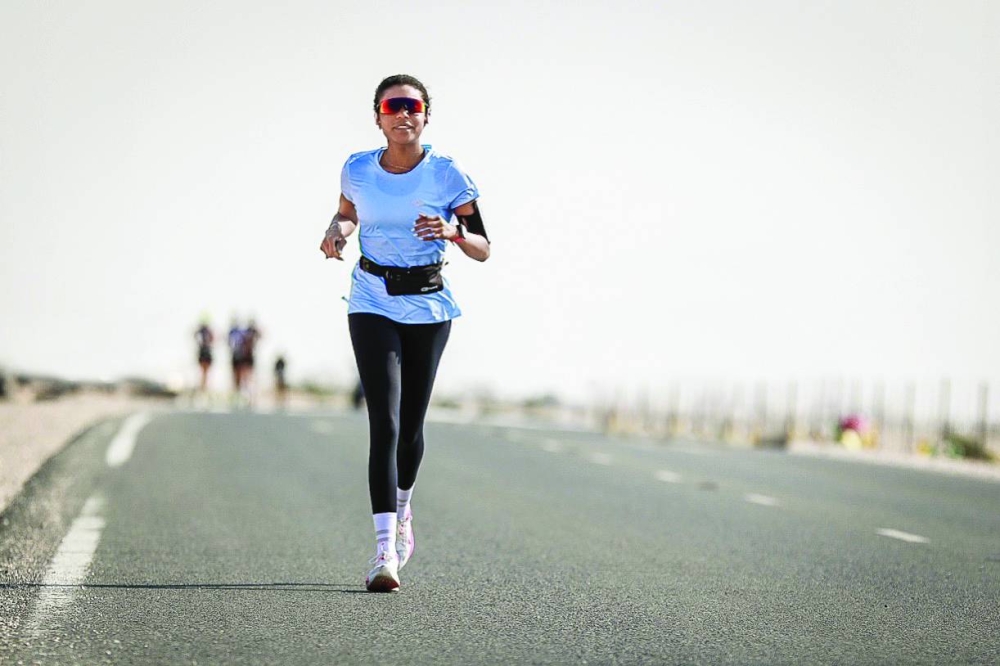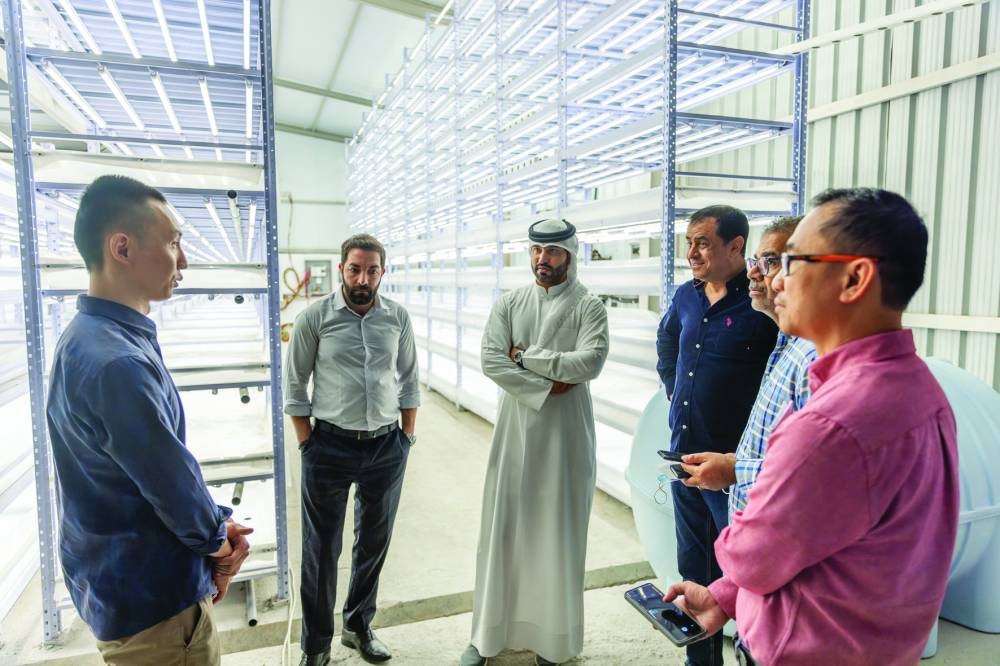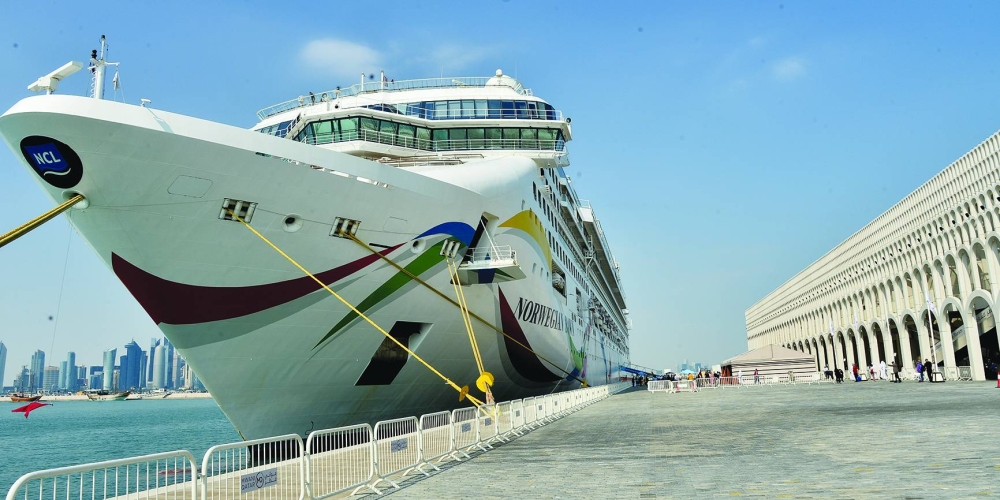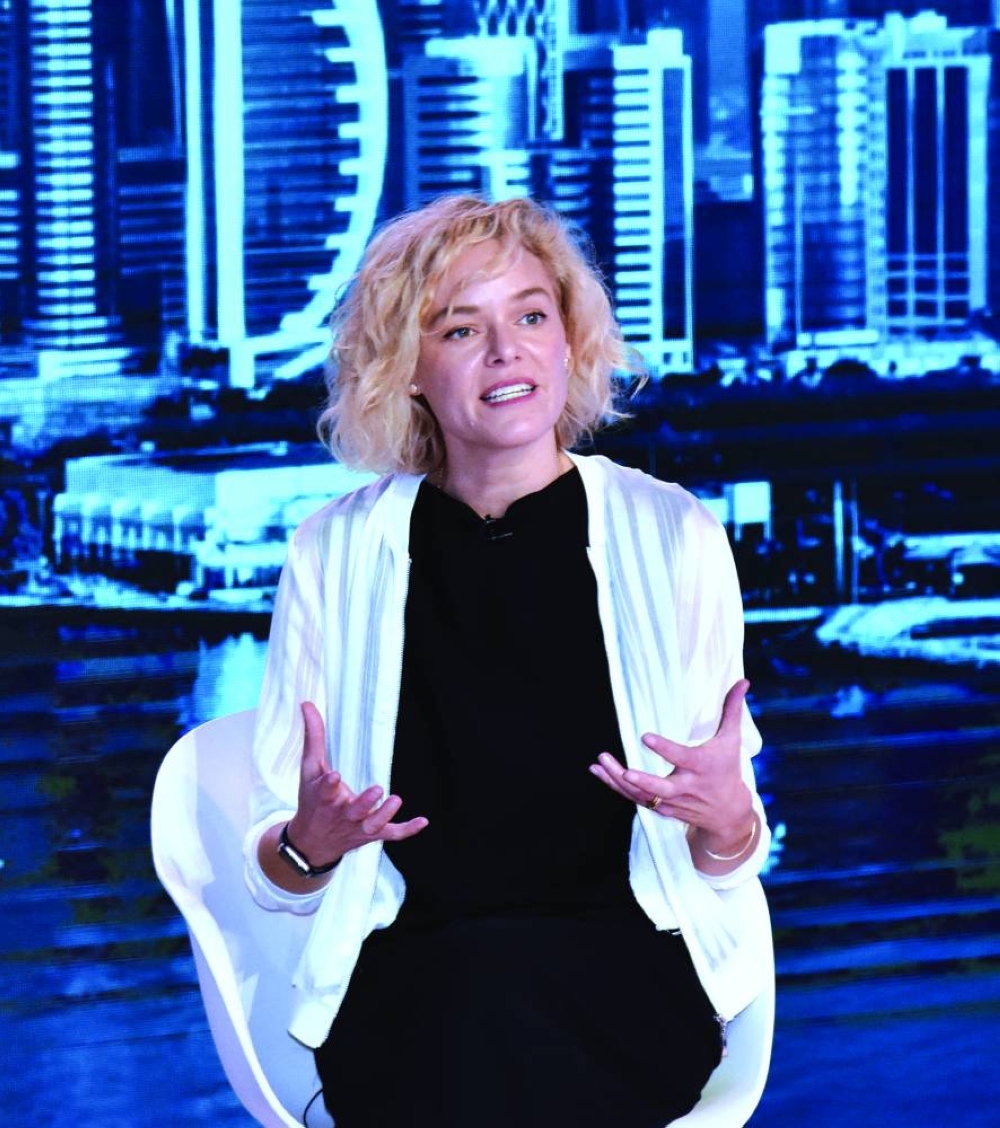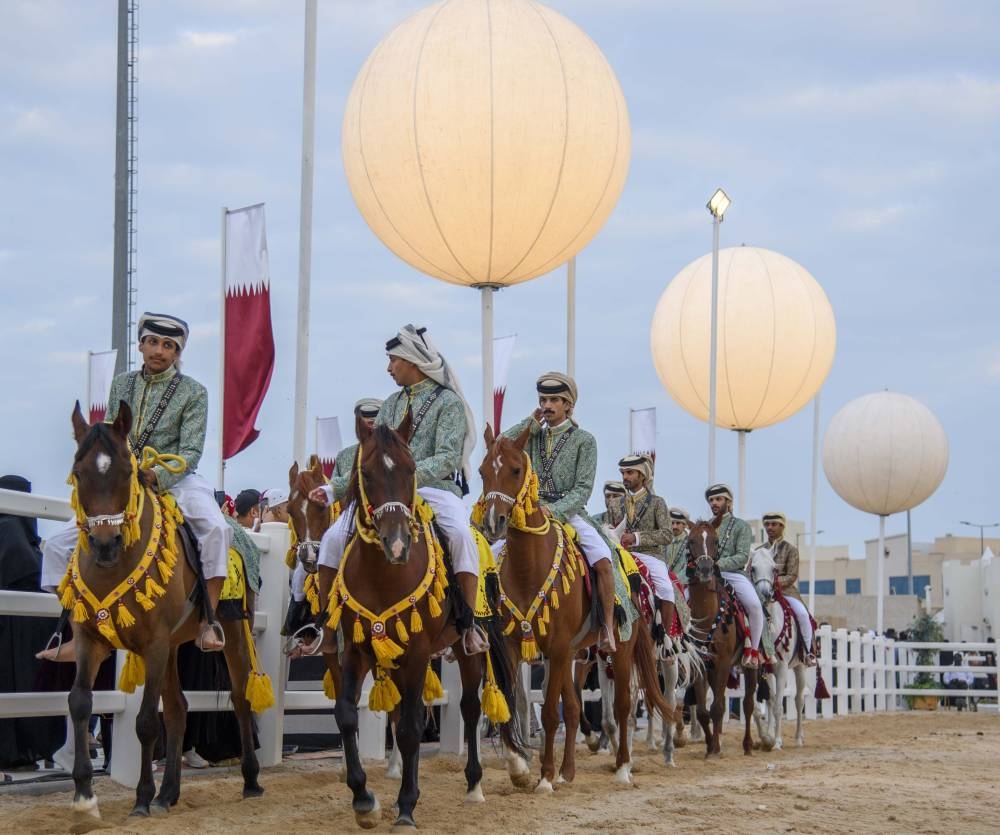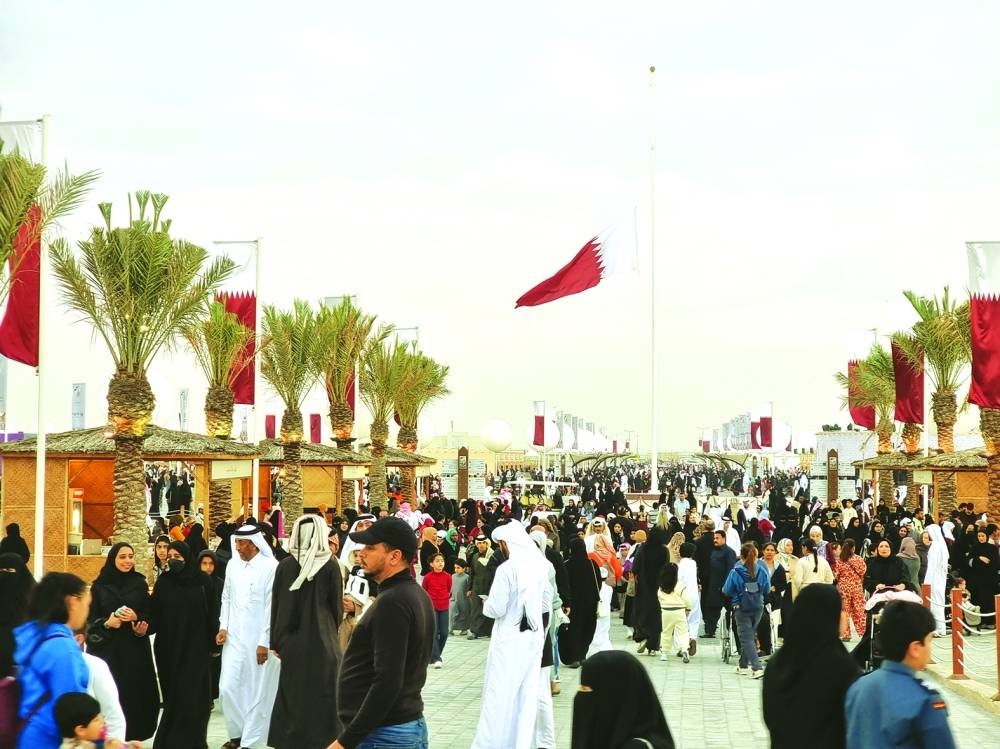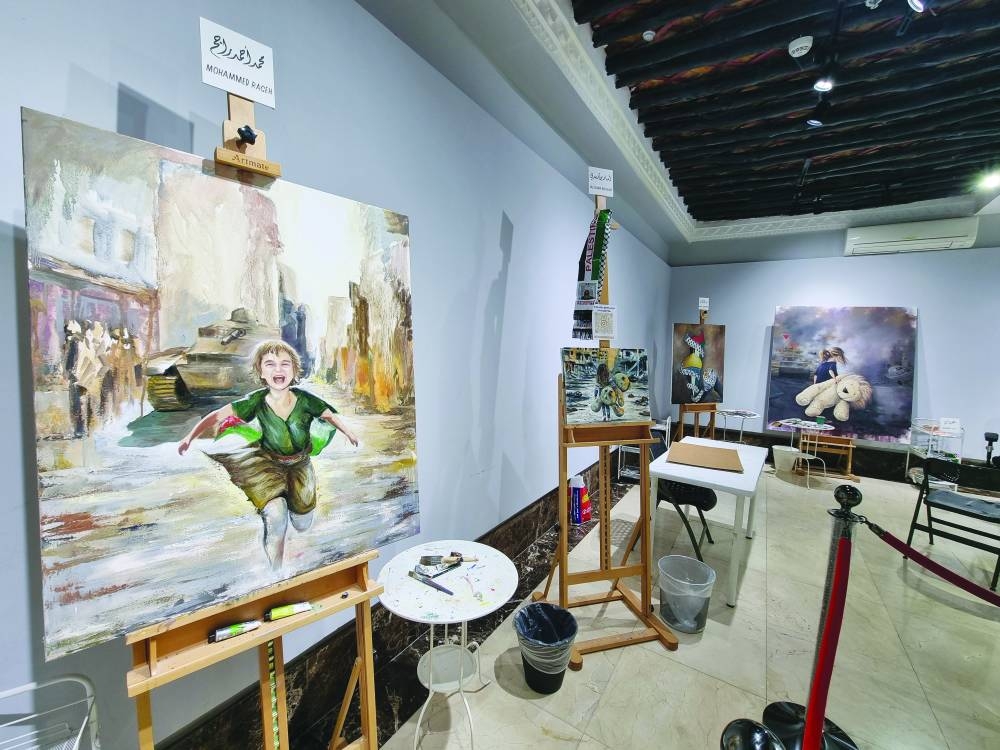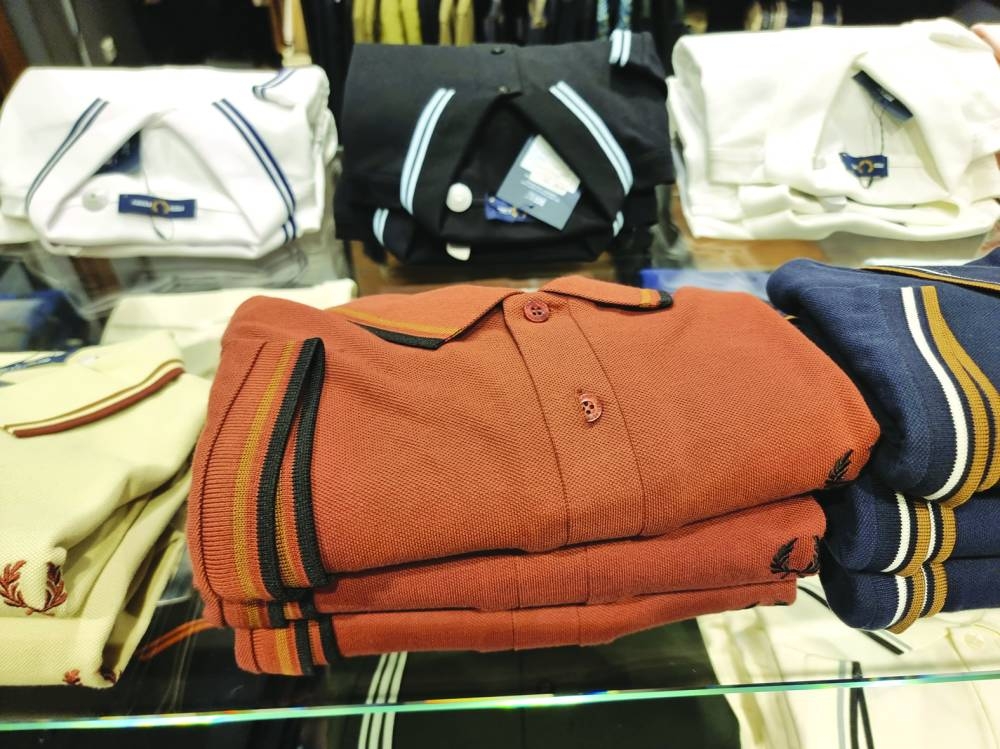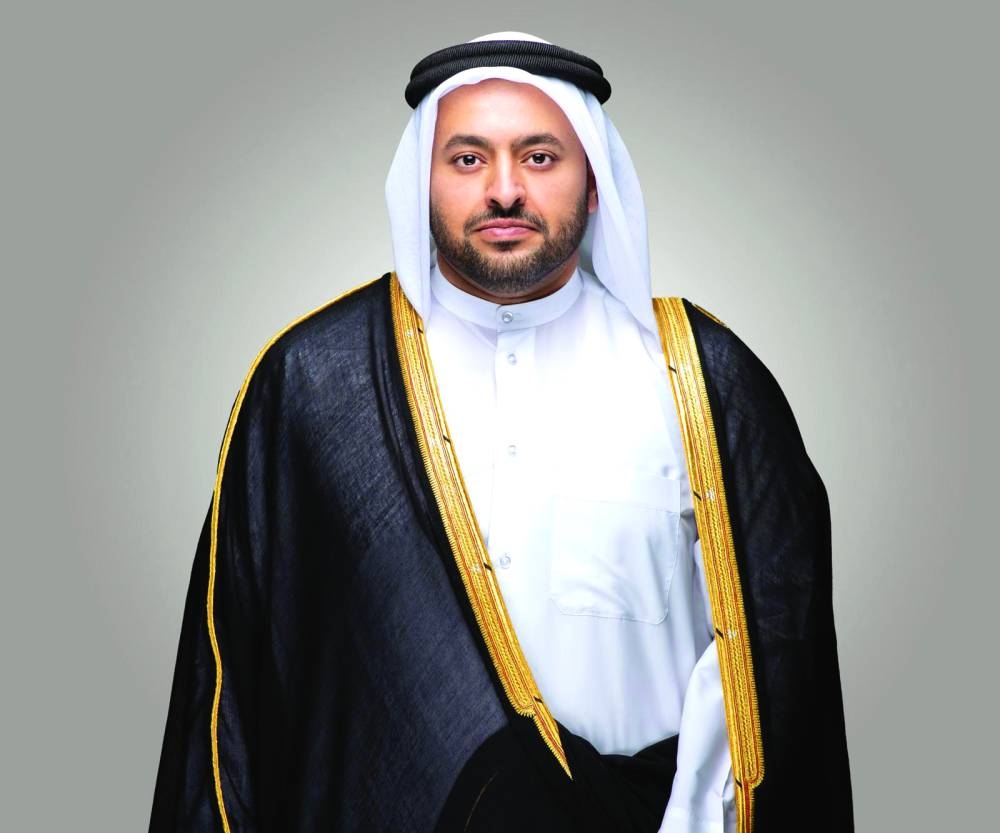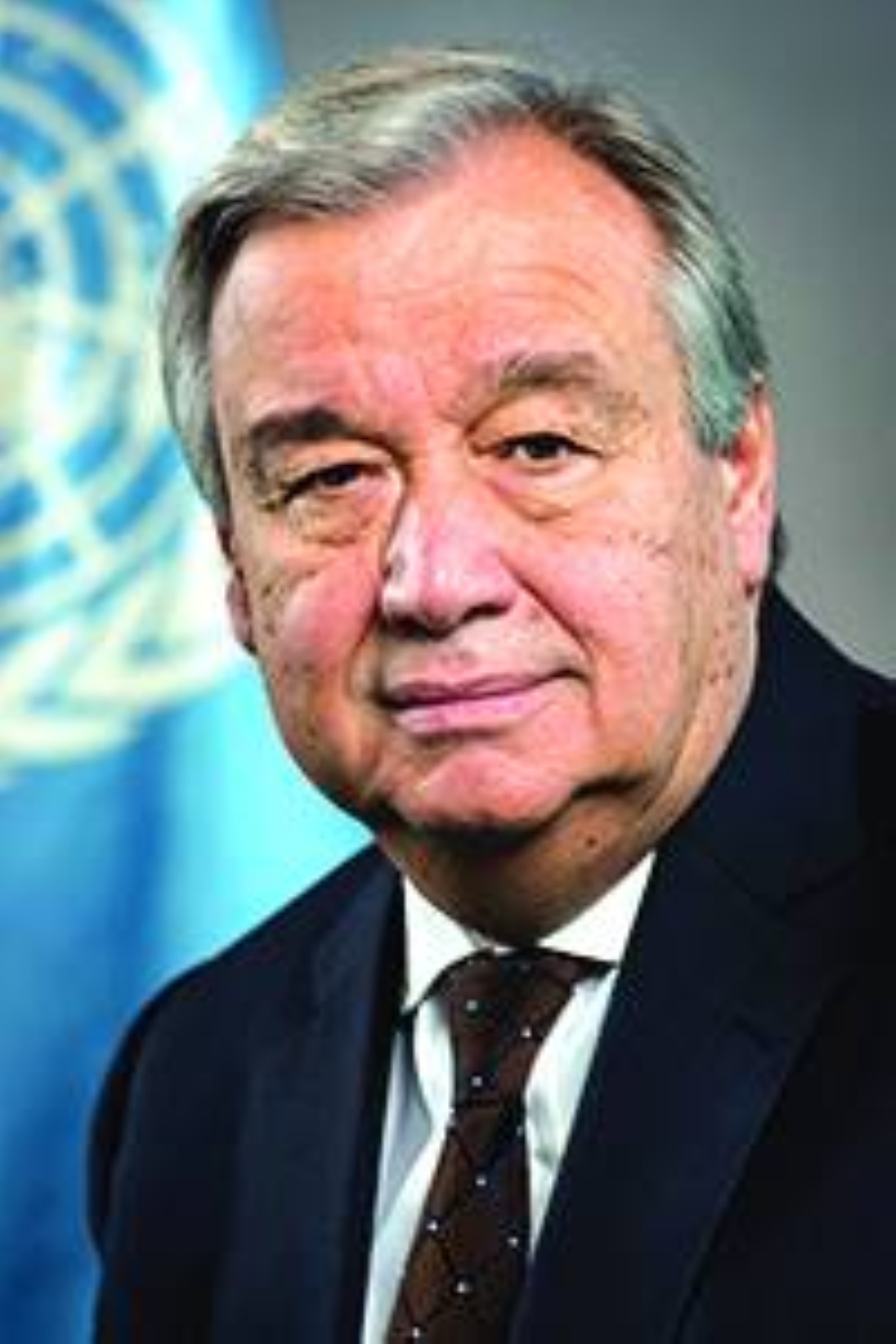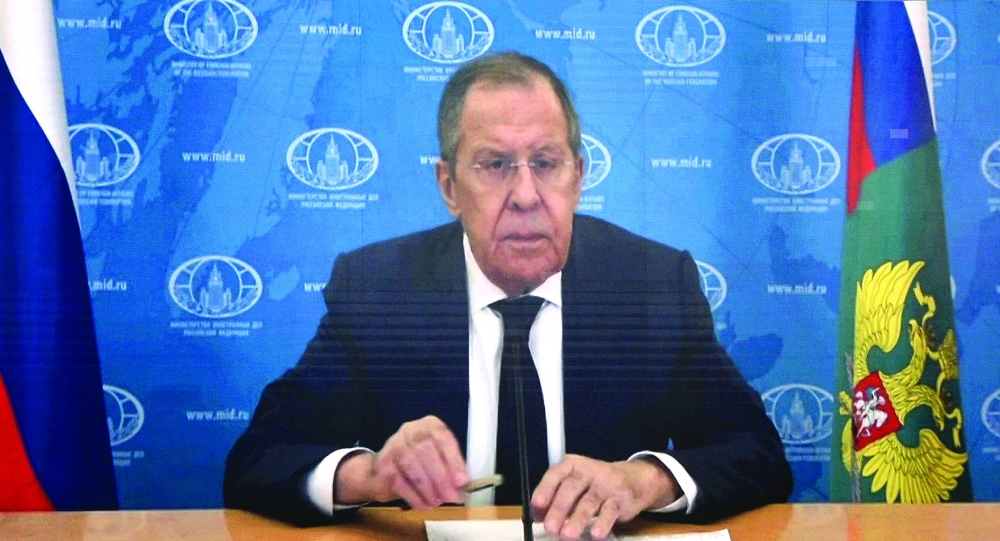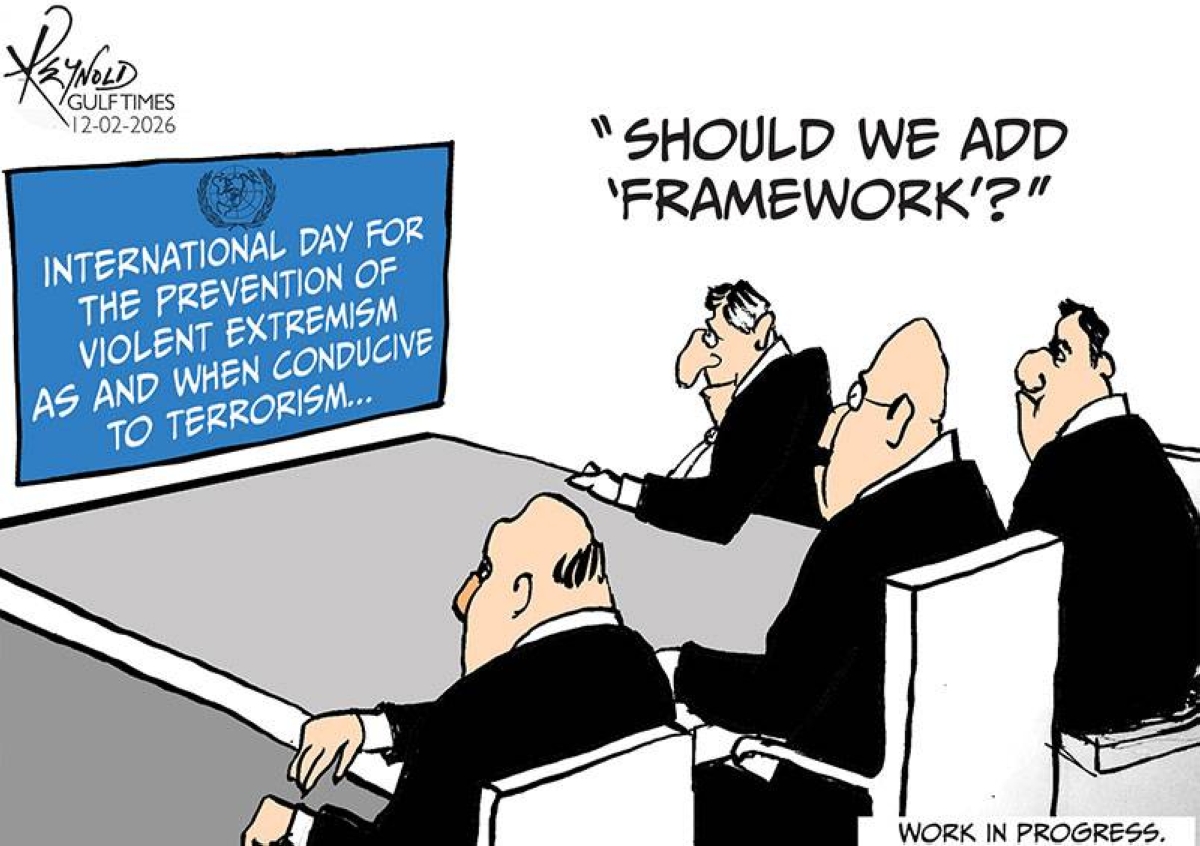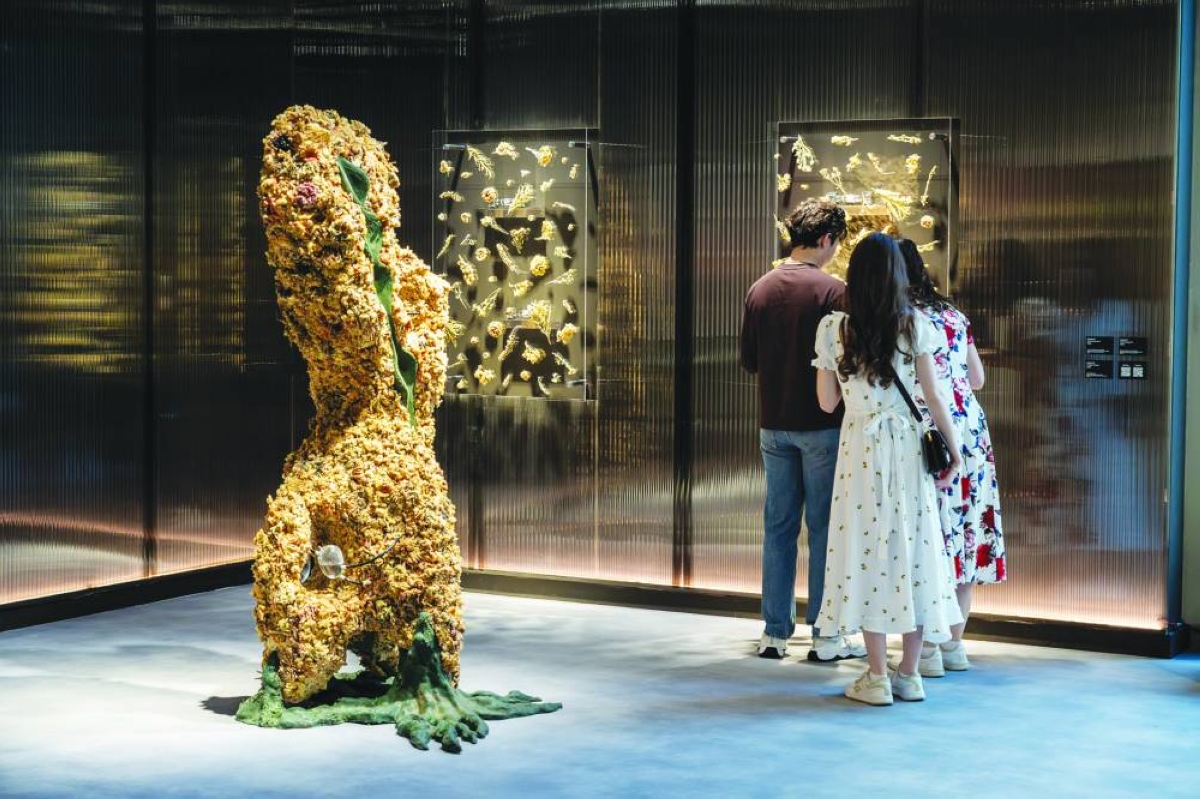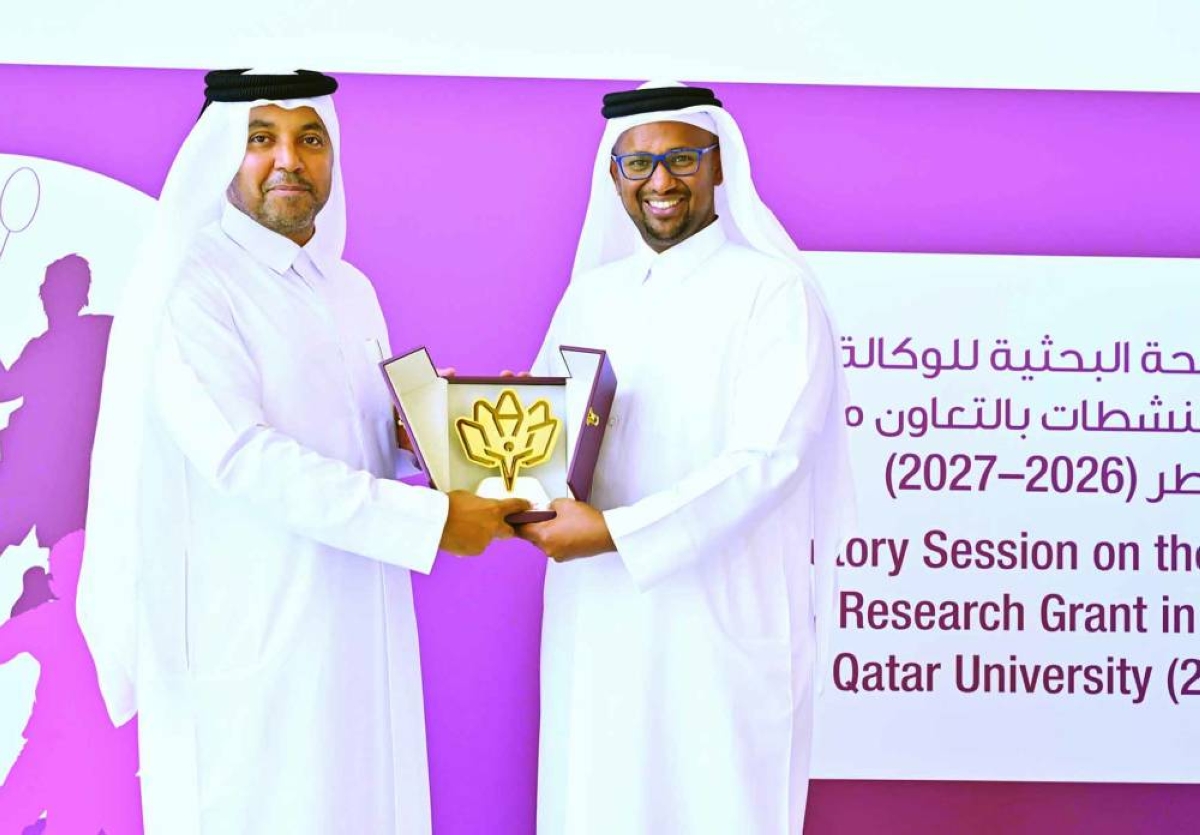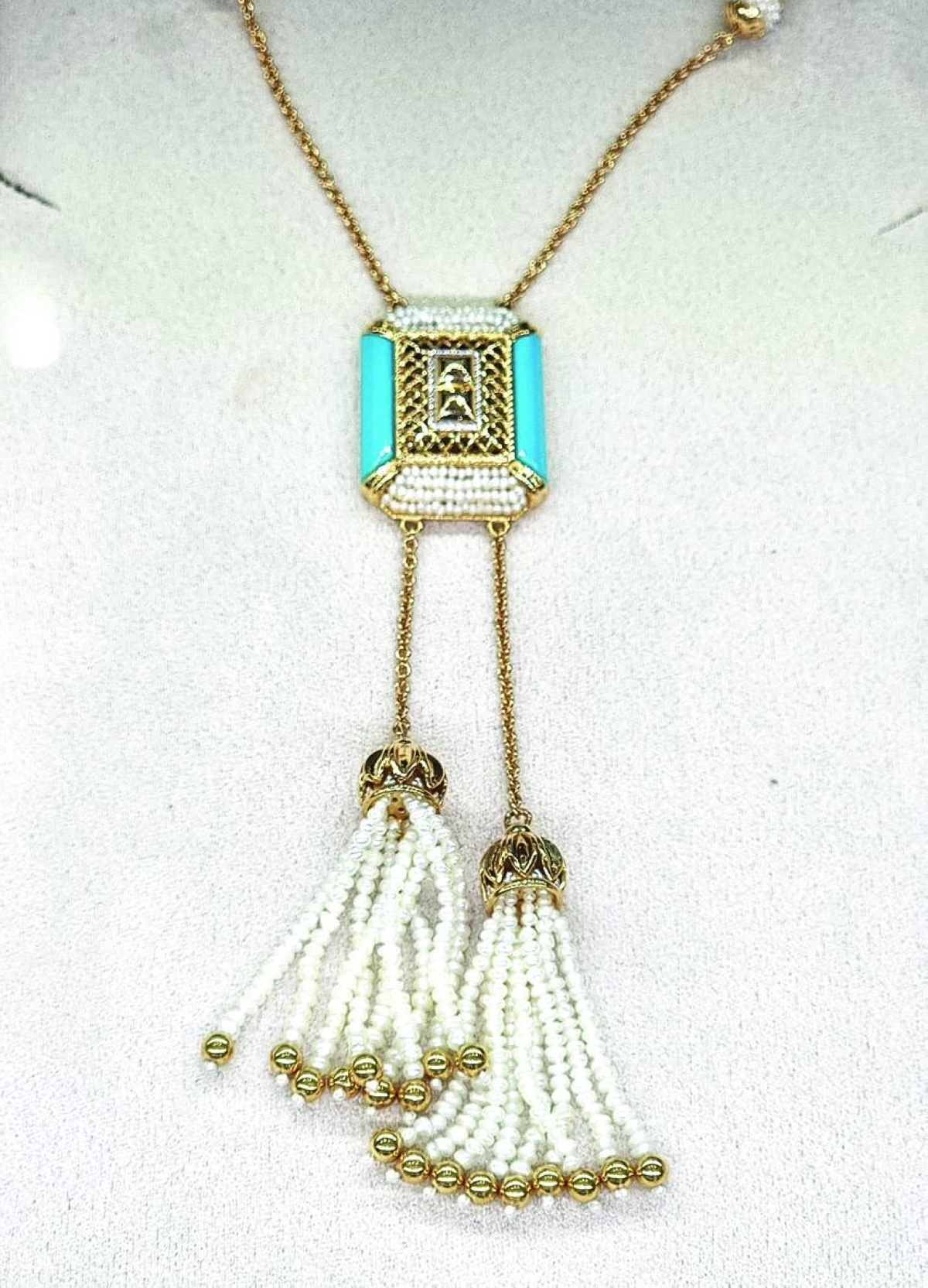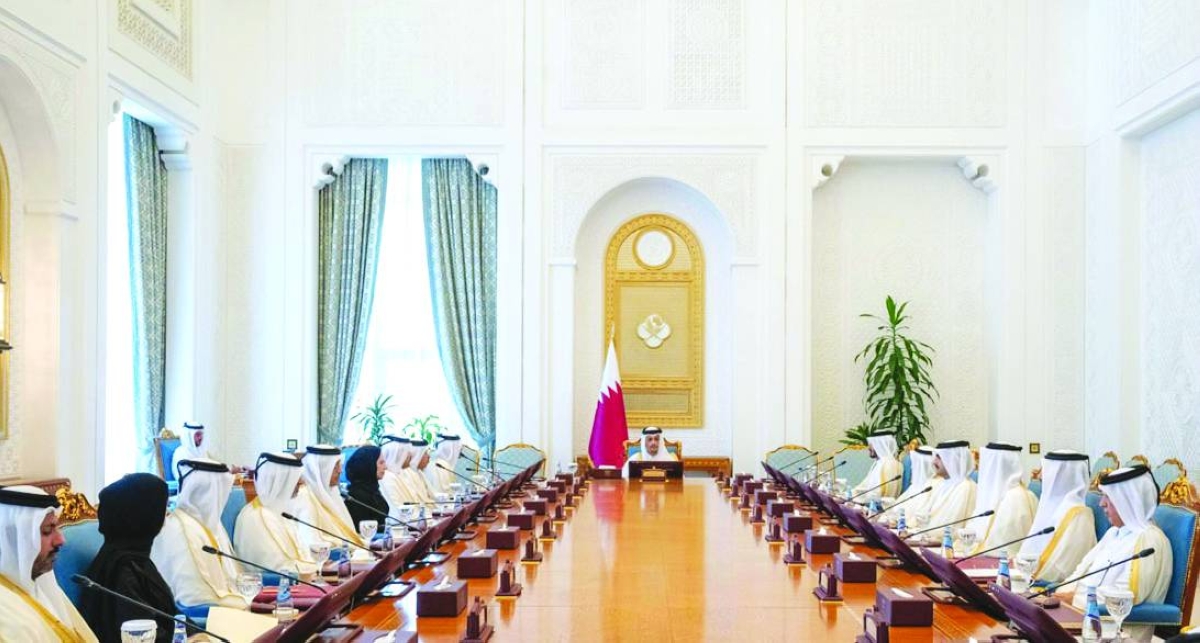In the heart of the Qatari desert, a pioneering venture is transforming the landscape of agriculture in the country.Fardan Fahad Alfardan, is the founder and general manager of Alfardan Group’s 'Safwa', a hub for innovation and sustainability through hydroponic farming. He is also leading charge for the Group’s agricultural projects.A recent tour with Fardan offered insights into the farm’s evolution, achievements, and future plans, highlighting a commitment to premium produce, self-sufficiency, and global expansion.While Fardan was not there when the Wahat Al-Shafalahia farm was established in 1975, his 2019 entry marked a strategic push for commercial transformation, steering the farm toward a new future of agriculture.Fardan's VisionAs the head of the farm, Fardan’s main aim is clear: to produce premium products that rival imports, ensuring self-sufficiency and sustainability for Qatar throughout the year. His ultimate goal is to make Qatar entirely dependent on its own agricultural resources.The Future of Qatar’s AgricultureFardan envisions a future where innovative minds drive the agricultural sector forward, guided by the principles of sustainability, productivity, and profitability.Overcoming ChallengesDespite challenges, including operational costs, Fardan remains confident, citing a trial-and-error approach. He credits his team for finding solutions to every challenge by thinking outside the box. “It's all trial-and-error and the whole point is not to give up, everything has a solution here. You have to learn how to work with everyone and then you will succeed but you have to keep on going” he said.“It’s better that you commit a mistake now, than later. This is why every project we have is small, until it succeeds. We turn it into something huge,” he said, highlighting the key role that every member of his team plays.Collaborating for SuccessFardan emphasises the importance of treating technology partners as equals, adapting Chinese agricultural technology to suit the Qatari climate through collaboration with the Chinese Academy of Agricultural Sciences. “It is definitely made in Qatar, and for Qatar,” he said, stressing that this collective effort involves learning from international experts and such fusion of knowledge creates the perfect environment for success.“For example, now we’re working with the Chinese Academy of Agricultural Sciences, so they produce their own seeds, their own systems, and they have their own way of doing it. But whatever works there, doesn't mean it works here so we had to collaborate and adapt accordingly,” he pointed out.Expanding HorizonsSafwa has proudly partnered with Qatar Airways to deliver fresh produce onboard, as part of Qatar Airways efforts to deliver healthy, organic food and vegetables to passengers.Looking ahead, Fardan reveals plans for continuous expansion, driven by market demand, with the possibility of exporting fresh vegetables to neighbouring countries daily.“There’s always plans for expansion and the next phase is to export to neighbouring countries who want fresh vegetables. We harvest and we send it immediately to you. If you're in another country, you are guaranteed it’s one day, from farm to airport to wherever that destination is,” he said.Fardan also unveiled plans to grow other types of vegetables, noting that he only started growing bok choy and Lollo Bionda lettuce. From two variants six years ago, the number surged to 40, thanks to Safwa’s continuous research and development.“We started at the right moment, we realised that food security matters,” he said.Nurturing SustainabilityFardan's passion for sustainability and innovation, inspired by his love for pizza, has evolved into Safwa’s commitment to sustainable farming practices, ensuring no waste, and utilising produce for various purposes.“So, I grew my own tomatoes at home. Through Amazon, I bought an aero-garden system, an automated aquaponic, I grew the best cherry tomato, even my grandfather was like, ‘how did you grow this?’“When I saw their face (family and friends) how they liked it, I wanted to share it with more people, so this is why this is happening right now,” he said.Future Products and Climate ControlIn the future, Safwa plans to launch new products, including fruits like blackberries, raspberries, and strawberries. The farm aims to create a controlled climate for berry cultivation, incorporating solar panels for sustainability.Towards Agricultural Self-SufficiencyFardan expressed confidence that Qatar is ready to achieve agricultural self-sufficiency. With successful cultivation of leafy vegetables, tomatoes, and peppers, among others, he said the farm now ventures into growing passion fruit – a first in Qatar. He encourages perseverance, reiterating the need for trial and error in the pursuit of self-reliance.Award-Winning InnovationFardan's award in Hungary last year celebrates his introduction of new technologies, specifically hydroponic and aquaponic systems, marking a revolutionary shift in the family business.The Man Behind the VisionBorn into a family legacy of business, Fardan has propelled the Alfardan Group into new dimensions, showcasing a diverse skill set. His commitment extends to corporate social responsibility, actively participating in initiatives like the Expat Labour Fund.Safwa: Leading the Agricultural RevolutionWahat Al-Shafalahia farm, under Fardan’s leadership, symbolises a commitment to sustainable and innovative farming practices, redefining agriculture in the region with cutting-edge technologies.



